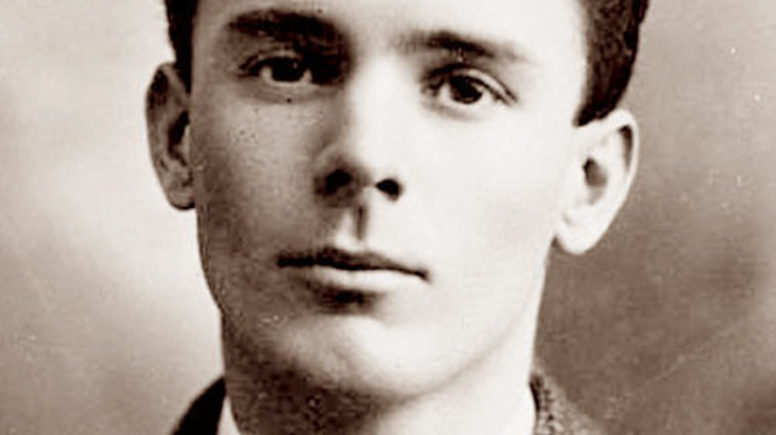By: Sudhakar Deshpande
A constant theme in the Upanishads is to point out the futility of action in the attainment of enlightenment. The perception of the Divine is sui generis, so to say. (It is of its own kind, in a class of its own.) It is not the consequence of any cause. Obviously causation is a time-process; the preceding event is called „cause‟ and the succeeding one is called „effect‟. There is no causation outside the domain of time. So whatever you do in the field of time has no relevance to Brahman which is timeless.
Suppose you are condemned to live in a dark, stuffy room, where neither a ray of light nor a little current of fresh air can enter. And you want to liberate yourself from that room. Certainly no amount of circus you do within your confinement can help you jump out of it. Rather all activities that you may do there in order to get out of your miserable lot will only result in making you sink deeper and deeper into that quagmire. Action per se is the source of bondage; not that there are two categories of action – the right and the wrong. It is a superstition to believe that right action leads to liberation, and wrong action to bondage. Action is the outcome of will, and will is the expression of the ego; the ego is the devil which obstructs the perception of the timeless. Now obviously the perception of the timeless cannot be the result of anything that you do within the field of time – that is, of any action you do.
Thus all action is irrelevant to enlightenment, realization or liberation. It is seeing that liberates and not doing. But again we have to be greatly wary on this issue also, since we may easily and credulously fall into the trap of causation. We may think that it is seeing that causes liberation. No! Seeing is not the cause of liberation. Seeing is liberation.



